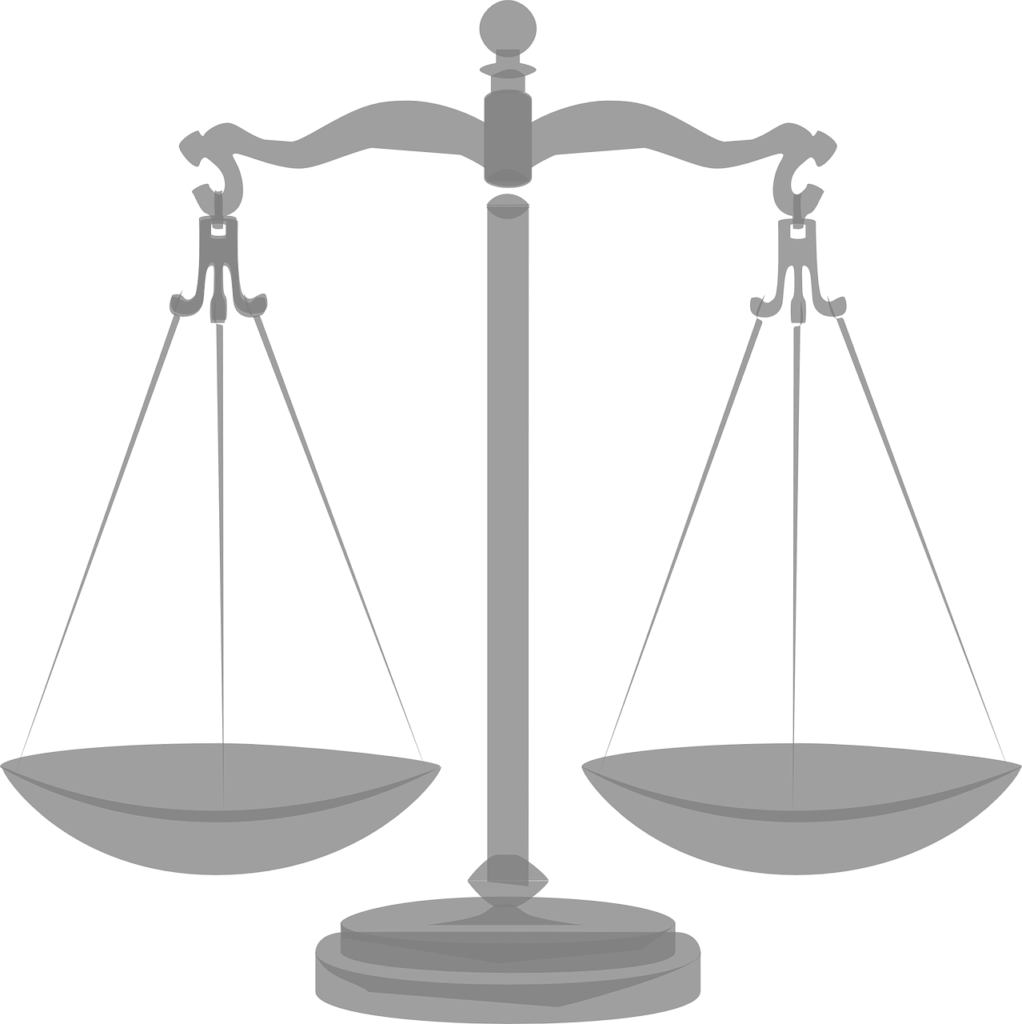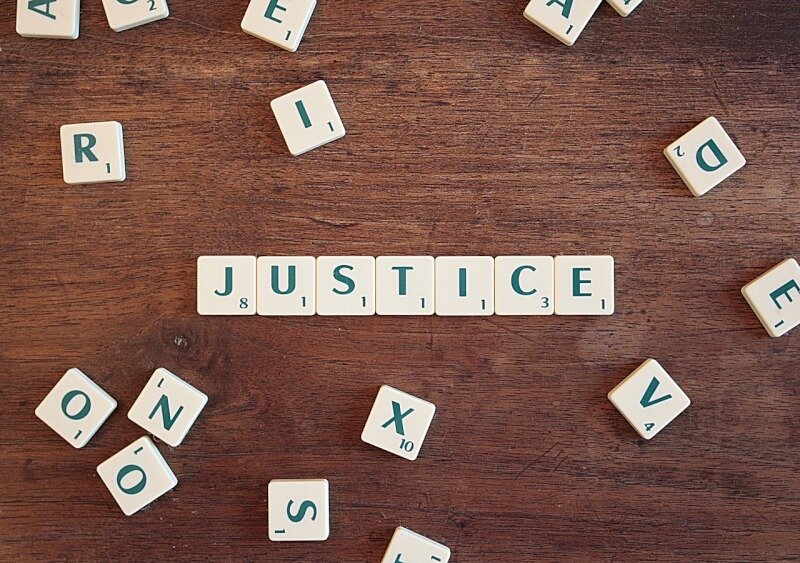Ready to bring a delightful feathered friend into your life? Before you embark on this exciting adventure, it’s important to familiarize yourself with the legal requirements for owning pet birds. From permits to housing regulations, this article serves as your go-to guide for understanding the legal obligations and responsibilities that come with owning these delightful avian companions. So, grab a cup of tea, cozy up, and let’s explore the fascinating world of bird ownership together!

Permitted Species of Pet Birds
Native Bird Species
When it comes to pet birds, it is important to note that not all bird species are permitted or suitable as pets. Some bird species are protected by law, while others may not thrive well in a domestic setting. In terms of native bird species, the legal requirements may vary depending on your location. It is essential to research and understand the regulations in your area to ensure compliance. Native bird species that are permitted as pets are often those that can be found within your region or country.
Non-Native Bird Species
Similarly, the ownership of non-native bird species may also have specific legal requirements. These requirements are usually put in place to protect the environment and prevent the introduction of invasive species. In some cases, permits or licenses may be necessary to own and care for non-native bird species. Before obtaining a non-native bird as a pet, it is crucial to confirm the legalities surrounding their ownership in your area.
Licensing and Registration
Obtaining a License
In certain regions, owning a pet bird may require obtaining a license. This license serves as legal permission to keep and care for a bird. The requirements to obtain a license can vary, but they often involve fulfilling certain criteria, such as demonstrating knowledge about bird care and welfare. It is important to research the specific licensing procedure in your area and ensure compliance with the regulations set forth by the local authorities.
Bird Registration
In addition to obtaining a license, some regions may require bird owners to register their pets. Bird registration aims to maintain an accurate record of bird ownership within the community. This registration process may involve providing information about the bird’s species, age, and other relevant details. By registering your pet bird, you contribute to creating a more transparent and responsible pet ownership system.
Renewal and Fees
Keep in mind that licensing and registration are typically not one-time events. They often require regular renewal to ensure ongoing compliance with legal requirements. Renewal periods can vary, so it is essential to stay updated with the specific timelines and procedures. Additionally, there may be associated fees for obtaining and renewing licenses or registering your pet bird. These fees contribute to the management and enforcement of bird ownership regulations within your area.

Housing and Enclosures
Cage Size and Design
Providing appropriate housing for your pet bird is crucial for its well-being. The size and design of the cage should depend on the specific bird species and its individual needs. As a general guideline, the cage should be spacious enough to allow the bird to exercise and move comfortably. It should also include perches, toys, and other environmental enrichment items to ensure mental stimulation and prevent boredom.
Material and Construction Standards
When selecting a cage for your pet bird, it is important to consider the materials used and the construction standards. Opt for cages made of non-toxic materials to prevent any harm to your bird if it nibbles or chews on the cage bars. Additionally, ensure that the construction is sturdy and secure to prevent any escapes or accidents.
Sanitation Requirements
Maintaining a clean and hygienic environment for your pet bird is essential for its health. Regular cage cleaning should be part of your routine. Remove any droppings, uneaten food, and debris daily. Properly disinfect the cage on a regular basis using bird-safe cleaning products. Additionally, provide fresh bedding or substrate to ensure a comfortable and clean living space for your feathered friend.
Environmental Enrichment
Birds are intelligent and social creatures that require mental stimulation and engagement. In addition to a suitable cage, it is important to provide environmental enrichment to meet their needs. This can include offering various toys, providing different perching options, and even setting up a bird-safe play area outside the cage. Regularly rotate and introduce new toys to prevent boredom and encourage natural behaviors.
Proper Care and Feeding
Dietary Needs
Proper nutrition is vital for the health and well-being of your pet bird. Different bird species have different dietary requirements, so it is essential to research and provide an appropriate diet for your specific bird. This often includes a combination of fortified bird pellets, fresh fruits, vegetables, and occasional treats. Avoid feeding your bird any toxic or harmful foods and consult a avian veterinarian for guidance on specific dietary needs.
Water Requirements
Access to clean and freshwater is crucial for any pet bird. Ensure that your bird has a constant supply of fresh water in a clean and secure water dispenser. Regularly check the water dispenser for cleanliness and replenish it as needed. Implement a daily routine of refreshing the water to ensure it is always fresh and contaminant-free.
Veterinary Care
Just like any other pet, birds require routine veterinary care to ensure their health is maintained. Regular check-ups with an avian veterinarian are essential to monitor your bird’s overall health, detect any potential issues early on, and receive appropriate vaccinations. Consult with your veterinarian to establish a proper schedule for vaccinations, physical exams, and other necessary medical care for your pet bird.
Grooming and Hygiene
Maintaining proper grooming and hygiene practices is crucial for your pet bird’s health and well-being. This includes regular nail trimming to prevent overgrowth and potential injuries, as well as wing feather clipping to ensure the bird’s safety within its environment. Additionally, provide regular opportunities for bathing or misting to keep the bird’s feathers and skin in optimal condition.

Health and Disease Control
Vaccination
Vaccination plays an important role in preventing the spread of diseases in both native and non-native pet bird populations. Depending on your location, certain vaccinations may be recommended or required for pet birds. Consult with your avian veterinarian to determine the appropriate vaccination schedule for your bird and to ensure compliance with any legal requirements.
Quarantine Periods
Introducing a new bird into your household brings the potential risk of introducing illnesses or diseases. Quarantine periods are recommended as a precautionary measure to minimize the spread of potential infections. During the quarantine period, newly acquired birds should be kept separate from existing birds to allow for observation and identification of any potential health issues. Consult with your avian veterinarian to determine the recommended duration of the quarantine period.
Control of Parasites
Parasites, such as mites and lice, can pose health risks to pet birds. Regular monitoring and preventive treatment for parasites are essential to maintain optimal health. Consult with your veterinarian to develop a parasite control program suitable for your bird and its specific needs. This may include periodic treatment and regular checks for signs of infestation.
Reporting Notifiable Diseases
In the event that your pet bird shows symptoms or becomes infected with a notifiable disease, it is important to report it to the appropriate authorities. Notifiable diseases are those that can have significant impacts on bird populations or pose risks to human health. Prompt reporting allows for early intervention measures and helps prevent the further spread of the disease. Familiarize yourself with the list of notifiable diseases in your area and the reporting procedures.
Transportation and Sales
Local Transport
Transporting pet birds within your local area may have specific regulations that need to be followed. These regulations aim to ensure the safety and welfare of birds during transportation. It is important to comply with any requirements regarding carriers, ventilation, and any necessary permits when transporting your pet bird locally.
Interstate Transport
If you plan to transport your pet bird across state lines, additional regulations may apply. Each state may have its own requirements for the transportation of birds, including necessary permits, health certificates, and quarantine periods. Research the specific regulations of the states involved and consult with relevant authorities to ensure compliance with interstate transport regulations.
International Import and Export
Transporting pet birds internationally is a complex process and involves complying with the regulations of both the exporting and importing countries. Each country may have its own set of rules and requirements for the import and export of birds, including permits, health certificates, and quarantine periods. Engage the services of a professional pet transport company that specializes in international bird transport to ensure compliance with all necessary regulations.
Bird Sales and Trade
If you are planning to sell or trade pet birds, it is important to be aware of any legal requirements and regulations regarding bird sales in your area. This may include obtaining necessary permits, providing accurate information about the birds being sold, and adhering to ethical practices. Familiarize yourself with the local laws and recommendations to ensure responsible and legal bird sales and trade practices.
Noise and Nuisance Regulations
Noise Control Measures
Pet birds, especially certain species, can be noisy at times. To maintain harmonious relationships with your neighbors, it is important to consider noise control measures. This can include selecting a suitable location within your home for the bird’s cage, utilizing noise-dampening materials, and implementing daily routines that help minimize excessive noise. Research local noise regulations and respect your neighbors’ rights to a peaceful environment.
Dealing with Complaints
In the event that you receive complaints from neighbors regarding noise or other nuisances caused by your pet bird, it is essential to address the matter promptly and professionally. Open communication with your neighbors can help resolve issues amicably. Consider discussing potential solutions, such as adjusting the bird’s environment or daily routine to minimize disturbances. If conflicts persist, seek mediation or assistance from local authorities, if necessary.
Neighbor Notifications
To maintain transparency and foster peaceful relationships within your community, it may be beneficial to inform your neighbors about your intention to keep a pet bird. Being proactive and considerate can help prevent misunderstandings and conflicts. Additionally, keeping open lines of communication allows neighbors to address any concerns they may have and provides an opportunity for dialogue and mutual respect.
Protection of Endangered and Threatened Species
CITES Regulations
The Convention on International Trade in Endangered Species of Wild Fauna and Flora (CITES) is an international agreement designed to regulate and monitor the trade of endangered and threatened species, including certain bird species. CITES implements strict regulations regarding the import, export, and possession of these protected species. It is crucial to understand and adhere to CITES regulations when it comes to owning and trading birds protected under this agreement.
Protected Native Bird Species
Many countries have designated specific bird species as protected due to their status as endangered, threatened, or vulnerable. These birds are granted legal protection to ensure their conservation and preservation. It is essential to familiarize yourself with the list of protected native bird species in your area to prevent unintentional violations of the law. Avoid acquiring, possessing, or trading these protected species without appropriate permits or licenses.
Illegal Trade and Prosecution
Illegal trade of protected bird species poses a significant threat to their survival and biodiversity. Engaging in the illegal trade of birds, whether native or non-native, can result in severe legal consequences, including fines and imprisonment. It is important to support ethical and legal practices when it comes to bird ownership, and report any suspicious or illegal activities to the appropriate authorities.
Animal Welfare and Cruelty Laws
Standards of Care
To safeguard the well-being of pet birds, animal welfare laws and regulations are in place in many jurisdictions. These laws outline the minimum standards of care that must be provided for pet birds, including provisions for food, water, shelter, and veterinary care. Familiarize yourself with the specific animal welfare laws in your area to ensure that you are meeting the required standards and providing the best possible care for your pet bird.
Preventing Animal Cruelty
As a responsible bird owner, it is essential to prioritize the prevention of animal cruelty and neglect. This includes providing suitable housing, proper nutrition, veterinary care, and a safe and enriching environment for your pet bird. Regularly assess your practices to ensure they align with ethical considerations and welfare guidelines. Report any suspected cases of animal cruelty or neglect to the relevant authorities for investigation and intervention.
Enforcement and Penalties
To ensure compliance with animal welfare laws, authorities may conduct inspections and investigations related to bird ownership. Violations of these laws can result in penalties, including fines, confiscation of animals, or prohibition from owning future pets. It is essential to be aware of the enforcement mechanisms and potential penalties in your area, as they serve as deterrents to animal cruelty and promote responsible bird ownership.
Responsibilities and Liabilities
Ownership and Liability
As a pet bird owner, it is important to understand the responsibilities and liabilities that come with ownership. You are legally responsible for providing proper care, nutrition, veterinary attention, and a safe living environment for your bird. Additionally, you may be held liable for any damages or injuries caused by your pet bird to others or their property. Be aware of your legal obligations and take necessary precautions to ensure the safety and well-being of both your bird and those around you.
Estate Planning for Pet Birds
Considering the potential long lifespan of some bird species, it is crucial to include provisions for their care in your estate planning. Establishing a plan for the future care of your pet bird in case of your incapacity or death provides peace of mind and ensures that your feathered friend will be well cared for. Consult with a legal professional to include appropriate provisions in your estate plan to guarantee a smooth transition of ownership and care for your pet bird.
Transfer of Ownership
If you decide to transfer ownership of your pet bird, whether temporarily or permanently, it is important to follow the appropriate legal procedures. This may involve documentation, permits, or licenses, depending on the circumstances and legal requirements of your area. Prioritize the well-being of the bird during the transfer process and ensure that the new owner is knowledgeable and capable of providing appropriate care.
Owning a pet bird can be a wonderful and rewarding experience. However, it is crucial to understand and comply with the legal requirements and regulations surrounding bird ownership. By adhering to these guidelines, you can ensure the well-being of your feathered companion while contributing to the preservation and protection of bird species and their habitats. Remember, a responsible bird owner is an advocate for both the welfare of their pet bird and the conservation of avian biodiversity.


